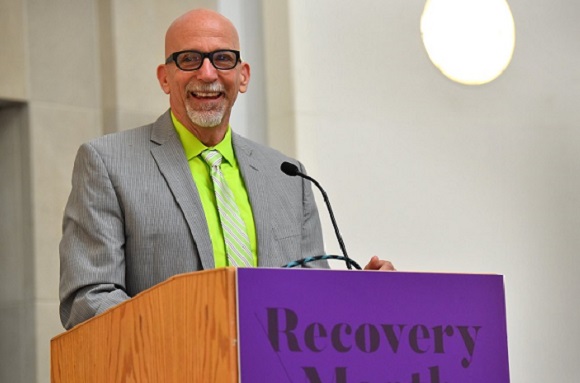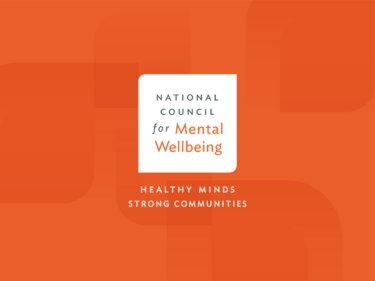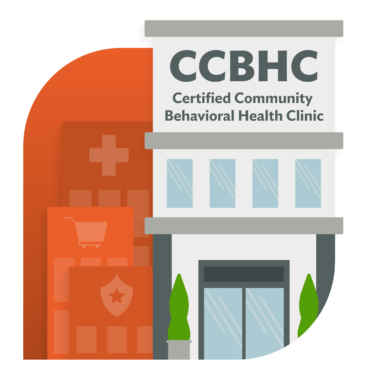Washington, DC
The Biden-Harris administration today announced the appointment of Tom Hill, MSW, to the position of senior policy advisor at the White House Office of National Drug Control Policy (ONDCP).
Hill leaves the National Council for Mental Wellbeing after nearly four years. He served in the Obama administration until January 2017 as a senior advisor on addiction and recovery at the Department of Health and Human Services, Substance Abuse and Mental Health Services Administration (SAMHSA), prior to his tenure at the National Council.
“I’m honored to serve in my second administration, although it’s not easy leaving the National Council,” Hill said. “I’m in awe of the organization’s expertise, depth of knowledge and the ability of our dedicated workforce to support the members who provide treatment and recovery services to more than 10 million people with mental illness and substance use disorders.”
I’m incredibly happy for Tom because this is such an enormous opportunity, but I’m devastated personally because of what he means to me and to the National Council.
Chuck Ingoglia
Hill joined the National Council in March 2017 as the vice president for practice improvement, a division that works closely with its 3,326 member organizations. He transitioned in 2020 to a new role as senior advisor, working on a broad range of addiction and recovery issues.
In his new role at the ONDCP, Hill said he hopes to have a platform to promote evidence-based treatment and shed light on the life-saving role of recovery support and harm reduction efforts.
This is an exciting transition and an exciting opportunity because of the Biden-Harris administration’s support for health care, broadly, and its state goal of addressing health care and racial inequity. They are making a priority of tackling COVID-19, improving access to care, addressing the growing need for behavioral health care and reducing overdoses and overdose deaths.
Tom Hill
The ONDCP is a component of the Executive Office of the President. The mission of ONDCP is to reduce substance use disorder and its consequences by coordinating the nation’s drug control policy through the development and oversight of the National Drug Control Strategy and Budget.
Hill received his Master of Social Work in community organizing from Hunter College at City University of New York. He is the recipient of numerous awards, including the Johnson Institute America Honors Recovery Award; the Association of Lesbian, Gay, Bisexual, Transgender Addiction Professionals and Their Allies (NALGAP) Advocacy Award; and a Robert Wood Johnson Fellowship in the Developing Leadership in Reducing Substance Abuse initiative. In 2020, he was honored with the America Honors Recovery William L. White Lifetime Distinguished Achievement Award.
###
About the National Council for Mental Wellbeing
The National Council for Mental Wellbeing is the unifying voice of America’s health care organizations that deliver mental health and addictions treatment and services. Together with our 3,326 member organizations serving over 10 million adults, children and families living with mental illnesses and addictions, the National Council is committed to all Americans having access to comprehensive, high-quality care that affords every opportunity for recovery. The National Council introduced Mental Health First Aid USA and 2.5 million Americans have been trained.
About The National Council
Founded in 1969, the National Council for Mental Wellbeing is a membership organization that drives policy and social change on behalf of over 3,400 mental health and substance use treatment organizations and the more than 10 million children, adults and families they serve. We advocate for policies to ensure equitable access to high-quality services. We build the capacity of mental health and substance use treatment organizations. And we promote greater understanding of mental wellbeing as a core component of comprehensive health and health care. Through our Mental Health First Aid (MHFA) program, we have trained more than 3 million people in the U.S. to identify, understand and respond to signs and symptoms of mental health and substance use challenges.



